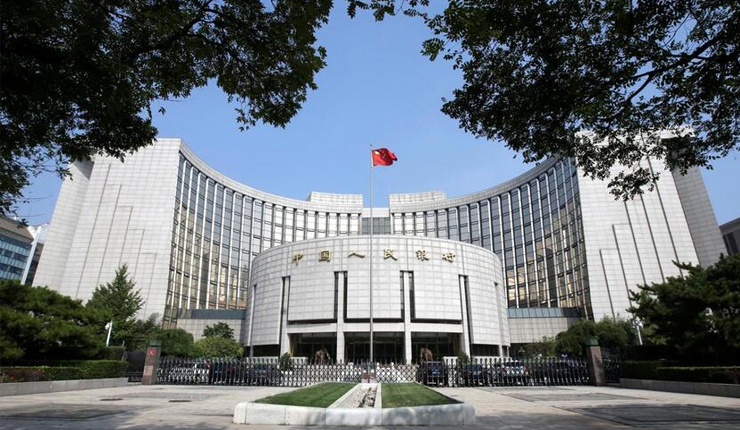China has kept its lending rates benchmark unchanged for the seventh month in March, as the economy recovers post-COVID, Reuters reported on Monday.
The People’s Bank of China (PBOC) announced on Friday that it would cut the amount of bank reserves. PBOC also kept the one-year loan prime rate (LPR) at 3.65 percent, while the five-year LPR is at 4.40 percent.
“The necessity and urgency of interest rate cuts in the short term are not very high,” said Bruce Pang, chief economist at Jones Lang Lasalle.
If China cuts interest rates like other countries, widening yield differentials will put more pressure on the yuan and risk capital outflows, said economists.
The Chinese economic has showed a recovery in the first two months of 2023, as consumption and infrastructure investment helped with the country’s economic recovery.
The Chinese central bank’s objectives in managing the LPR were distinguished by Xing Zhaopeng, senior China strategist at ANZ, its main tool for promoting or restraining demand, and the reserve requirement ratio (RRR) imposed on banks.
“The central bank’s RRR cut was more of an emergency response to prevent overseas banking crisis from spilling over to China,” Xing added.
As RRR cut promotes economic growth, experts believe the recent cut helped with the PBOC not approaching an LPR cut.
Most new and outstanding loans are based on the one-year LPR, while the pricing of mortgage loans are based on the five-year rate.


